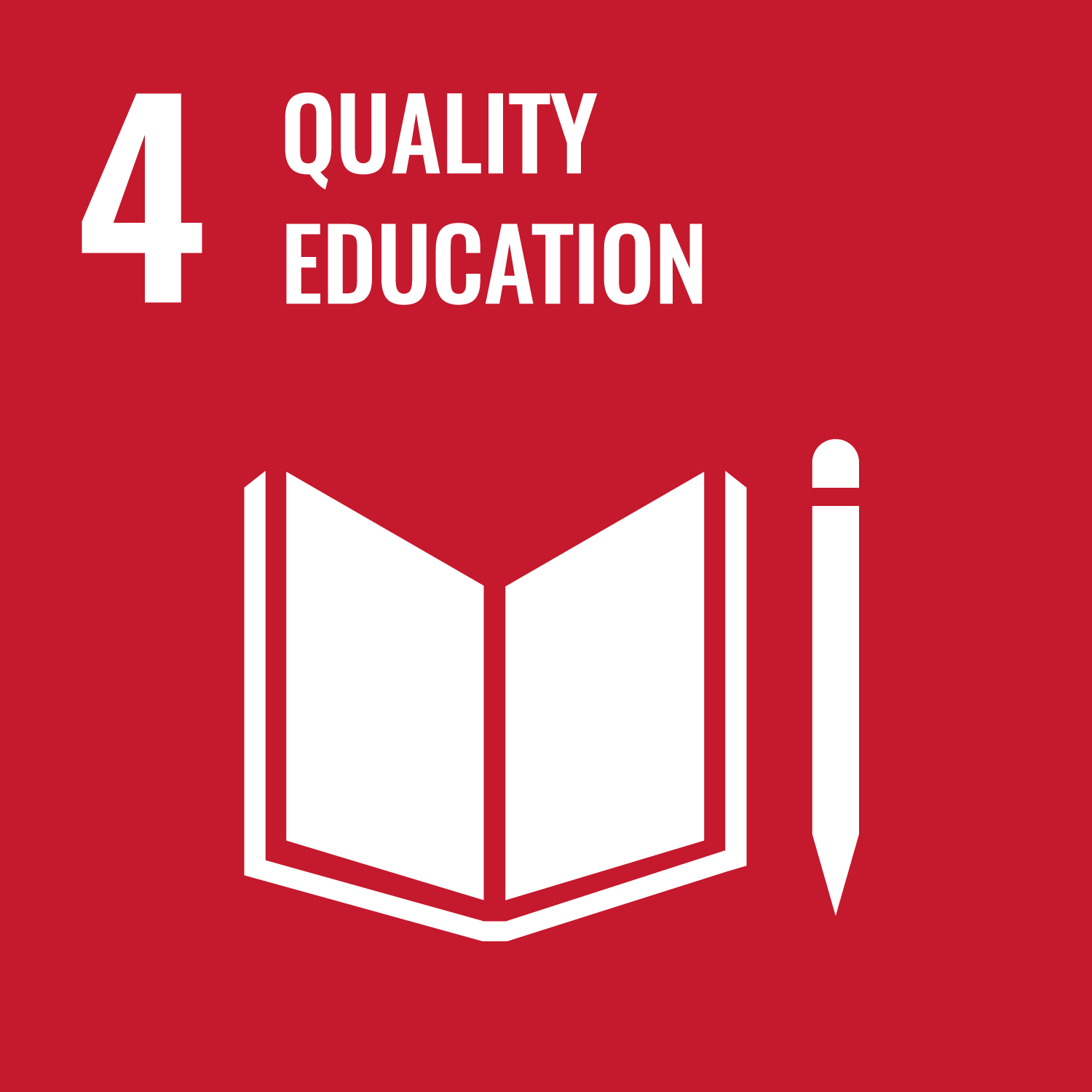Co-creating education where no one is left behind


2025.02.10
-

- Matsuyama Takeshi,Human Development Department Deputy Director General, and Group Director for Basic Education
JICA is actively committed to “co-creation” with international and Japanese stakeholders to provide better education for all the children in developing countries, through the role of Grant Agent for Global Partnership for Education (GPE), collaborating with private sector, and promotion of mutual learning between developing countries and Japan.
Access rate to primary education has improved in developing countries through the past cooperation, however, more than 610 million children and youth still have limited proficiency level in literacy and numeracy. It is also reported that more than 250 million children cannot attend school due to various reasons, including gender, disability, and conflicts. Furthermore, many of the children are often disturbed to learn by multiple crisis such as infectious diseases, conflicts, and natural disasters. Faced with these “learning crises”, educational cooperation for developing countries remains important.
To tackle the issues including education, we believe it is indispensable to make joint efforts of various stakeholders utilizing their strengths as well as sharing knowledge among them, as it is also indicated in Sustainable Development Goals (SDGs). In this regard, in basic education cooperation JICA emphasizes “co-creation” to collaborate with other development partners and various Japanese actors, as well as to promote mutual learning between people in developing countries and Japan. Here are some of our recent initiatives.
In basic education sector, JICA supports partner countries to improve national education systems and develop models for delivering better education. In order to expand the effect for more children, JICA has been collaborating with a number of international organizations such as the World Bank and UNICEF. Recently, the Global Partnership for Education (GPE), one of the world's largest education foundations, is a partner organization to collaborate with JICA. Totally USD 33 million from GPE have been utilized in the seven countries for scaling up JICA project assets, including nationwide dissemination of JICA-developed textbooks, and the community-led school management model called ‘School for All’ model. In November 2024, JICA was certified as a fund management organization called Grant Agent for GPE, allowing us to mobilize GPE funds and to make larger impact than before. We are excited at this new challenge to further expand outcome with external funds for better learning to more children.

Supplementary activities in the ‘School for All’ project.
Since 2021, JICA has organized an annual seminar called ‘Educational Cooperation Week’ with the Japan’s NGO Network for Education (JNNE) and several development consultants. The aim of this seminar is to build a network and collect the knowledge of Japanese stakeholders in educational cooperation, including NGOs, development consultants, universities, and private sectors.
Private companies are the partners we look forward to collaborating. In April and September 2024, we have held networking events with about 60 Japanese companies to talk how we work together. We believe that combining private sectors’ products and services with JICA’s projects and networks of partner countries will open up the possibility for better education.
JICA's knowledge as well as assets in cooperation in basic education might be helpful to Japan’s education, not only to developing countries.
For instance in Egypt, we support the introduction of ‘special activities’ (Tokkatsu in Japanese) such as cleaning and day-duty activities, and they foster independence and leadership of children in primary and junior high schools. Thanks to the effort of Egyptian Government and people, the positive changes in teachers and children have been reported. However, it is reported that Tokkatsu in Japan has recently scaled back because teachers do not necessarily understand the concept of Tokkatsu, and doing Tokkatsu is often a heavy burden on teachers. We hope Tokkatsu experiences in Egypt bring an opportunity for Japanese school teachers to realize again how significant Tokkatsu is.
In other example, JICA organizes a dozen of “Knowledge Co-Creation Programs”, training programs designed for educators of developing countries to know Japanese education system and practices by visiting schools and universities in Japan. We heard that these programs are useful for even such schools and universities to learn, not only for trainees.
Moreover, since JICA has developed various learning materials for children of developing countries like math textbooks in Spanish, we are exploring how those materials can help foreign children living in our country learn better. We hope to contribute to build multicultural and inclusive community in Japan.
We are sure that JICA may create opportunities for ‘co-creation’ with various people for education around the world and in Japan. If you are interested, we would be grateful for your cooperation.
scroll